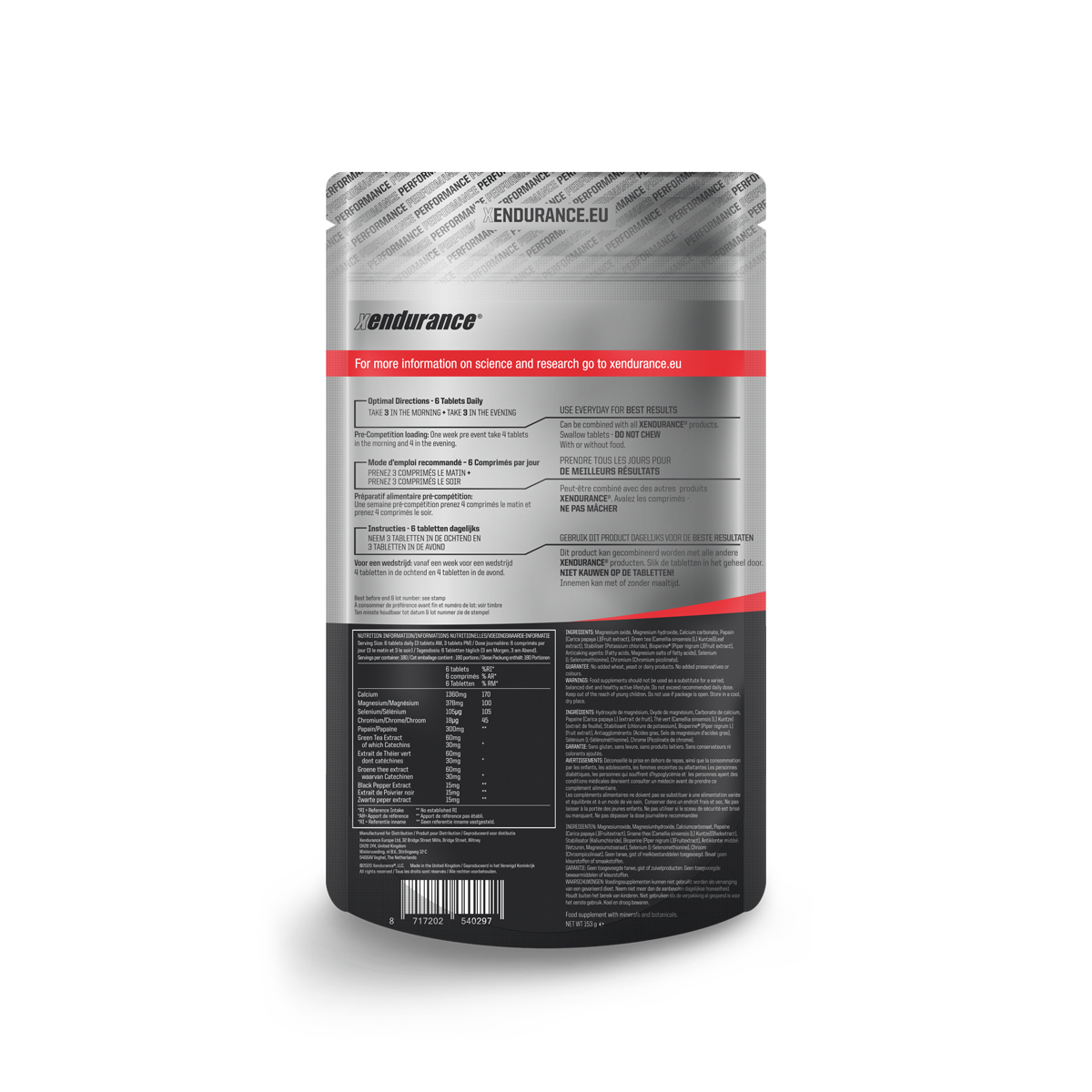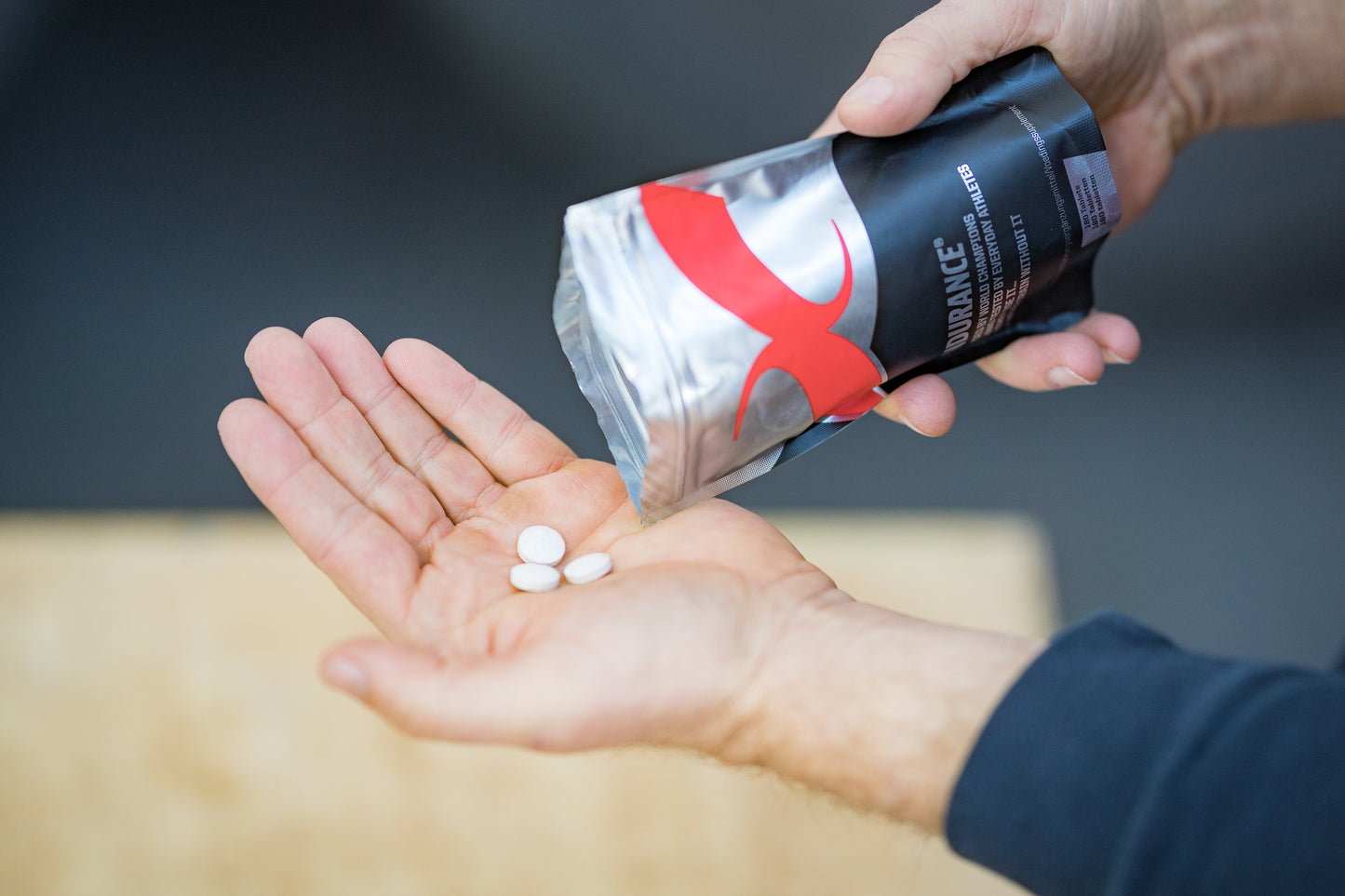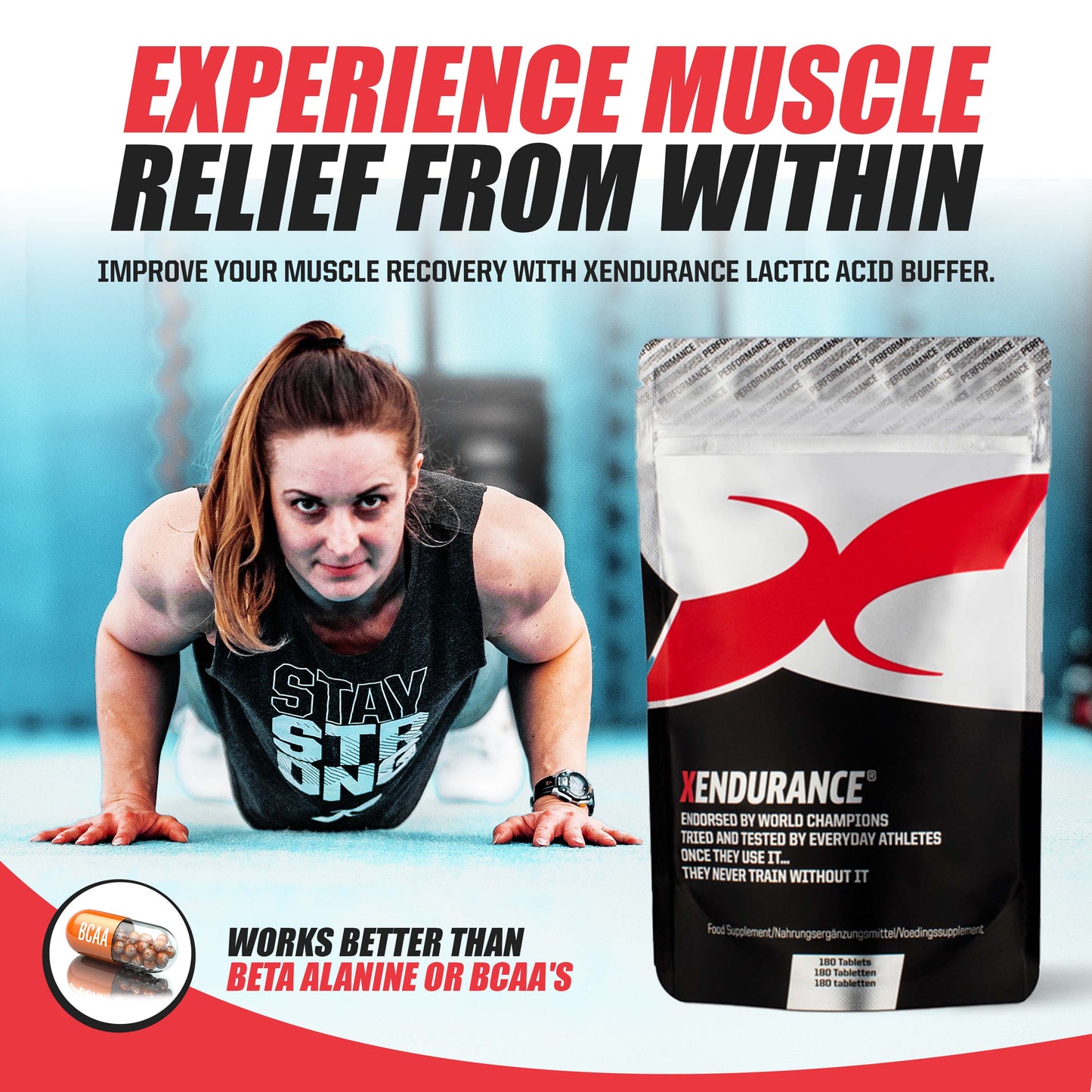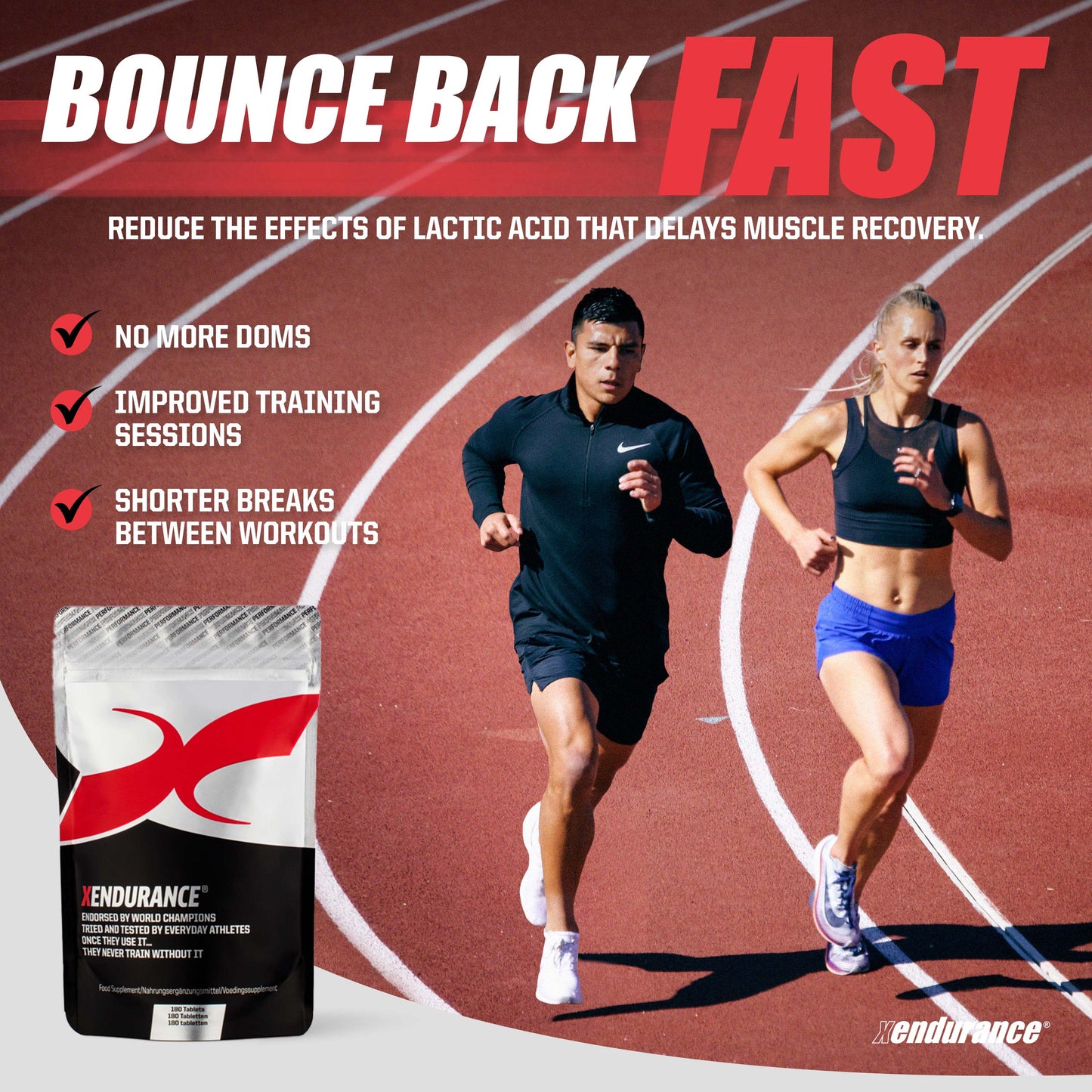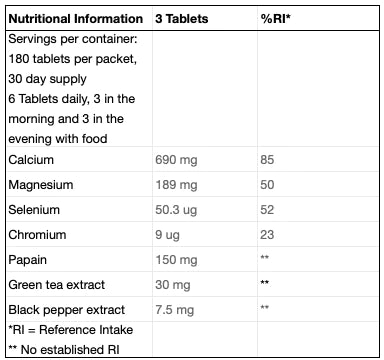Cold Water Immersion and Breathwork
We are bombarded with buzz words and fads, and you may have relegated the terms above into the pile that also includes celebrity diets and 6 minute abs. In many ways it wasn’t helped by the freakish exploits of Wim “ The Iceman” Hof who set multiple world records for cold endurance feats.
However, in the light of growing research in this area you may wish to re-consider, as I have done….
Below is Mr & Mrs Ellison’s Saturday morning schedule….
- 6:30 am wake up
- 7:15 am arrival at venue (@the.farm.club)
- 7:30 am begin breathwork by the lake shore
- 7:50 am enter the lake and submerge to shoulder/neck level
- 7:55 am Mr E exits the water and replaces clothing with great difficulty
- 8-8:05 am Mrs E exits the water and helps Mr E fasten any zips that his trembling fingers can’t manage
- 8:15 am back in the café for some warm up exercises and a coffee
- 9:15 am back home
Obviously, it is possible to do both the breathing exercises and the cold water techniques on your own, as I now do 1-2 times midweek but there are additional benefits related to the group sessions: namely social interaction, community, safety, instruction, education and reassurance not to mention the huge motivation that comes with not wanting to be the only one to dip a toe in the water and cry like a baby!
There is considerable overlap between the benefits of breathwork and cold water but from a practical standpoint both can be performed together without the necessity to be concerned about which is producing the desired effects. There are also significant benefits from spending time with your spouse or people with similar interests, from spending time away from your electronic devices, from being within nature and from embracing challenges that put you outside of your comfort zone. Maybe your life already contains enough triathlon, what about adding something else that may provide balance and maintain health.
The breathing exercises are far removed from the slow, calm breathing of meditation, mindfulness or perhaps yoga. They are forceful and fast; a form of hyperventilation that is usually followed by a breath-hold. The result is a changes in blood chemistry (CO2 and PH), the release of stress hormones and stimulation of the sympathetic nervous system (fight or flight response). Adding breathwork (+/- meditation) also helps prepare you for the shock of the cold water.
In the all-consuming cold of the lake you are forced into being present as your basic survival mechanisms engage. You cannot concern yourself with what’s for tea or who you need to call later. You think only of controlling your breathing and embracing the temporary discomfort. The cold water primarily stimulates the sympathetic nervous system as HR and BP increase.
There is constriction of the blood vessels near the skin sending the warmer blood deep to nourish the organs. On leaving the water the skin is reddened (hyperaemia) and a sense of warmth briefly appears before the shivering begins. The cold tolerance and shivering reactions appear to be highly variable both within the group and within myself across different sessions. Shivering is not the goal and neither is causing yourself undue discomfort. Simply making the conscious choice to enter the water and remaining submersed for about 90 seconds is believed to bring about the majority of the beneficial effects.
Most people feel great after a session and there are significantly greater circulating levels of adrenaline, dopamine and human growth hormone. It is quite typical to have a parasympathetic rebound after the session, which essentially means you feel shattered but content; a very similar feeling to that midday slump after a heavy lunch. If you have the opportunity to indulge yourself with a power-nap at this point then that may further enhance your feeling of wellness. The positive effects on mood, can and do, last for days.
The beneficial effects of cold water immersion for both mind and body are brought about mainly through manipulation of the autonomic nervous system (mentioned above; it is divided into the sympathetic “fight or flight” and parasympathetic “rest and digest”), which until recently was thought to work totally without conscious control. The benefits of actively stimulating this system are seemingly far reaching, from reducing anxiety and depression, to boosting the immune system and reducing inflammation within the body. Many other benefits are also feasible but require further investigation.
In a world where many of us view illness and disease as unavoidable and in which pharmaceutical interventions have become overly relied upon, it is worth considering that, just as it is with triathlon training, the application of controlled amounts of physical and mental stress can promote positive adaptive changes that may enhance your health, well-being and longevity.
FYI – After about 6-7 weeks I now have minimal cold water shock (gasp) response on entering the water, have increased my in-water time from about 90 seconds to 5 minutes and can hold my breath for over 2 minutes. But I’m still not as good as Mrs E and long may that continue….
This blog has only paid lip service (at best) to this topic but I hope it helps raise an interest within some of you reading. If you’d like to know more or would like to consider triathlon coaching then please check out www.totaltritraining.com/phil-ellison or contact me at phil.ellison@totaltritraining.com





